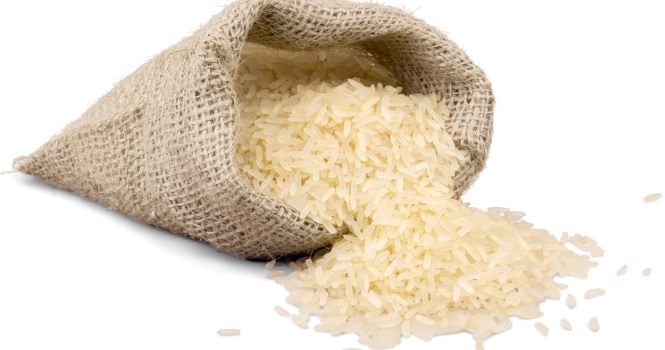Sunflower Seeds and Digestion: Can They Cause Diarrhea?

Sunflower seeds are a popular snack, valued for their taste and nutritional benefits, including high levels of healthy fats, protein, fiber, vitamins, and minerals. However, when it comes to digestive health, it’s important to understand how sunflower seeds might affect your system, particularly concerning the possibility of causing diarrhea.
Can Sunflower Seeds Cause Diarrhea?
In some cases, sunflower seeds can contribute to digestive issues, including diarrhea, due to several factors:
1. High Fiber Content: Sunflower seeds are rich in dietary fiber. While fiber is beneficial for digestive health, promoting regular bowel movements and preventing constipation, consuming it in large quantities can lead to digestive discomfort, including diarrhea, especially if your body is not accustomed to a high-fiber diet.
2. Fat Content: The high fat content in sunflower seeds, particularly if consumed in large amounts, can be hard on the digestive system. High-fat foods can accelerate intestinal contractions, leading to diarrhea in some individuals, especially those with sensitive digestive systems or conditions like irritable bowel syndrome (IBS).
3. Sunflower Oil: Sunflower oil, derived from sunflower seeds, also contains high levels of healthy fats. However, consuming it in large quantities can similarly affect the digestive system. Like sunflower seeds, the fat content in sunflower oil can cause digestive disturbances, including diarrhea, in individuals sensitive to high-fat diets.
4. Fructans: Sunflower seeds contain fructans, a type of carbohydrate that can ferment in the large intestine. For people with a sensitivity to fructans or those with conditions like IBS, consuming foods high in fructans can lead to gas, bloating, and diarrhea.
5. Salted and Flavored Varieties: Many commercially available sunflower seeds are salted or flavored with various seasonings. High salt intake, along with certain additives and preservatives, can contribute to dehydration and irritate the digestive tract, potentially leading to diarrhea.
6. Allergic Reactions: Though uncommon, some individuals may have an allergy to sunflower seeds, which can cause a range of symptoms, including digestive distress and diarrhea, as the body tries to eliminate the allergen.
7. Contamination: Improperly stored or old sunflower seeds can become rancid or contaminated with bacteria, leading to foodborne illnesses that can cause diarrhea and other gastrointestinal symptoms.
How to Enjoy Sunflower Seeds Without Digestive Discomfort
- Moderation: Start with small portions, especially if you’re not used to eating high-fiber foods, and gradually increase your intake to allow your digestive system to adjust.
- Hydration: Drink plenty of water, particularly when increasing fiber intake, to help maintain normal bowel function and prevent diarrhea.
- Choose Raw or Dry-Roasted: Opt for raw or dry-roasted sunflower seeds without added oils, salt, or seasonings to minimize digestive irritants.
- Proper Storage: Store sunflower seeds in a cool, dry place to prevent rancidity and bacterial growth.
Be mindful of how your body responds to sunflower seeds. If you notice symptoms of digestive discomfort, reduce your intake or try eliminating them temporarily to see if symptoms improve.












